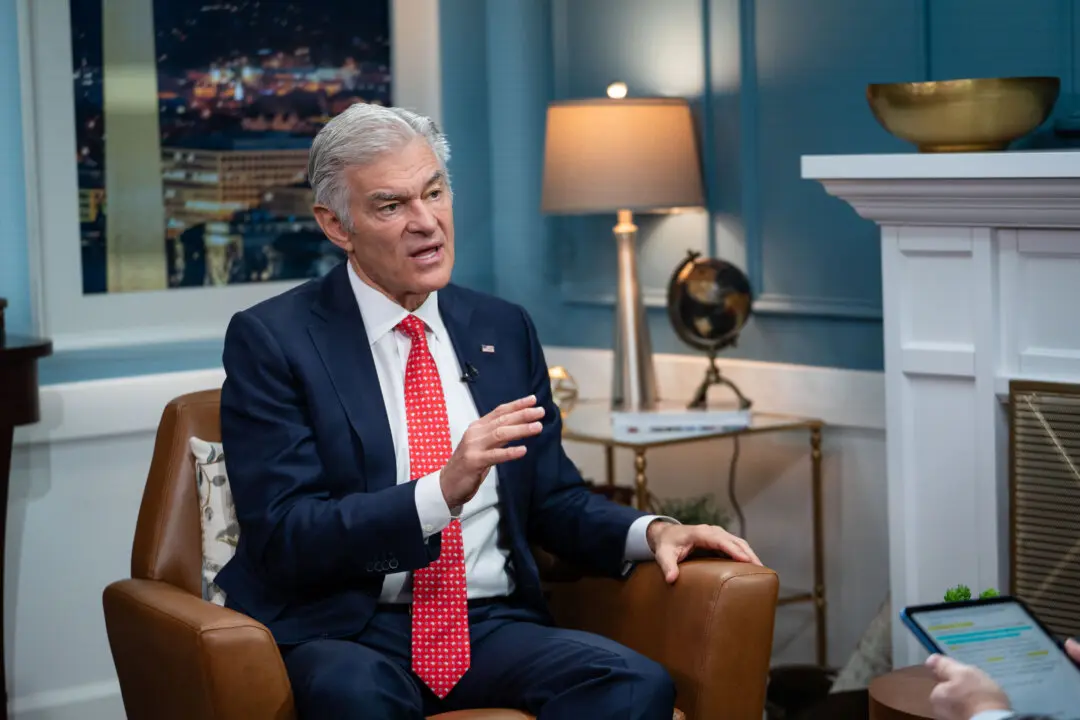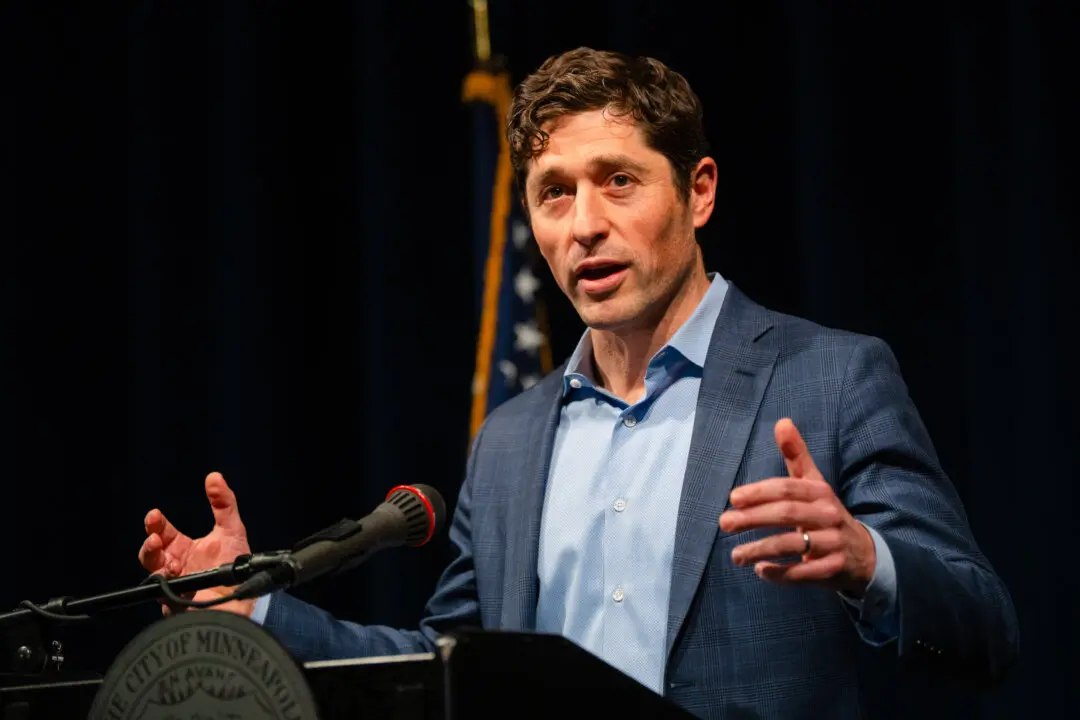A federal judge in former president Donald Trump’s presidential records case has denied prosecutors’ request for a highly restrictive order governing how defense lawyers can share classified information with their clients in this case.
In a comment posted to the federal courts records system on July 19, a day after a pretrial conference in the case, Judge Aileen Cannon reported that she turned down the motion that prosecutors had filed on July 17.





